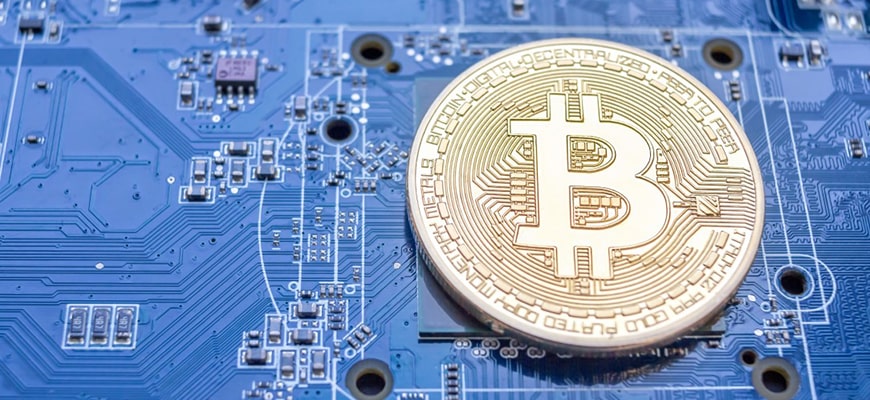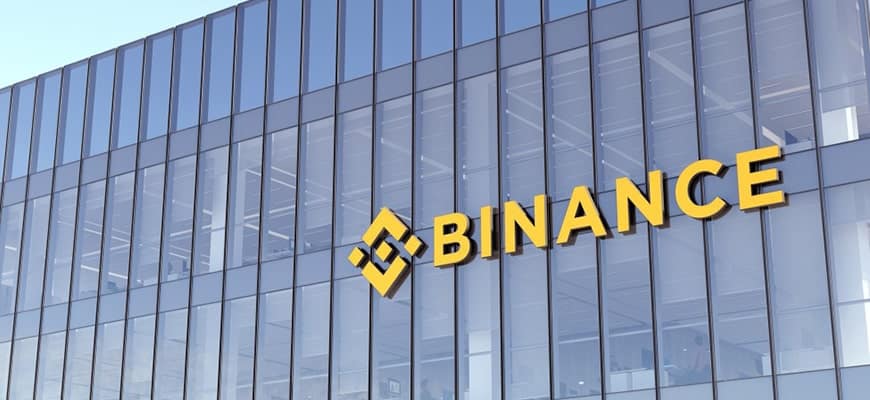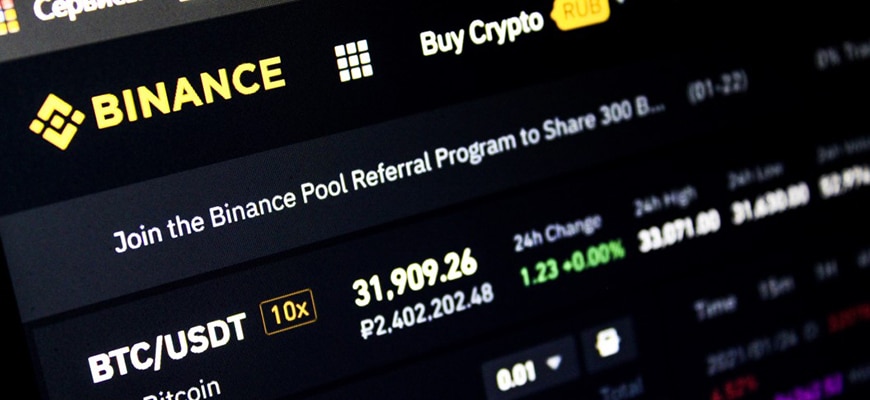Digital Commodity are goods that exist in digital form.
What is Digital Commodity?
There is a wide range of things which could be called a digital commodity. These may include processing power and data storage. However, the term “digital commodity” is becoming more common, referring primarily to digital currencies.
In terms of practice, the regulation of digital goods has focused specifically on cryptocurrencies. In the US, lawmakers signed into law the Digital Commodities Exchange Act of 2020, regulating trading platforms. More recently, other laws and regulations governing cryptocurrencies and related activities have spread rapidly, from BitLicense in New York state to a ban on the sale of cryptocurrency derivatives to retail investors in the UK.
Because cryptocurrencies are commodities, they can also be used as the basis for derivatives, a popular financial instrument whose value depends on the value of the underlying asset. For example, a trader can enter into a derivatives contract that gives them the right to buy or sell a certain amount of cryptocurrency on a certain date or at a certain value. According to many, the rise of derivatives is crucial for the mass adoption of digital assets.
For example, the technology can be used to automate asset securitisation; to mass analyse data to help traders make better investment decisions; to optimise models to help traders create better option positions; and, at the end of the chain, to automate back-office processes such as calculations and documentation.








